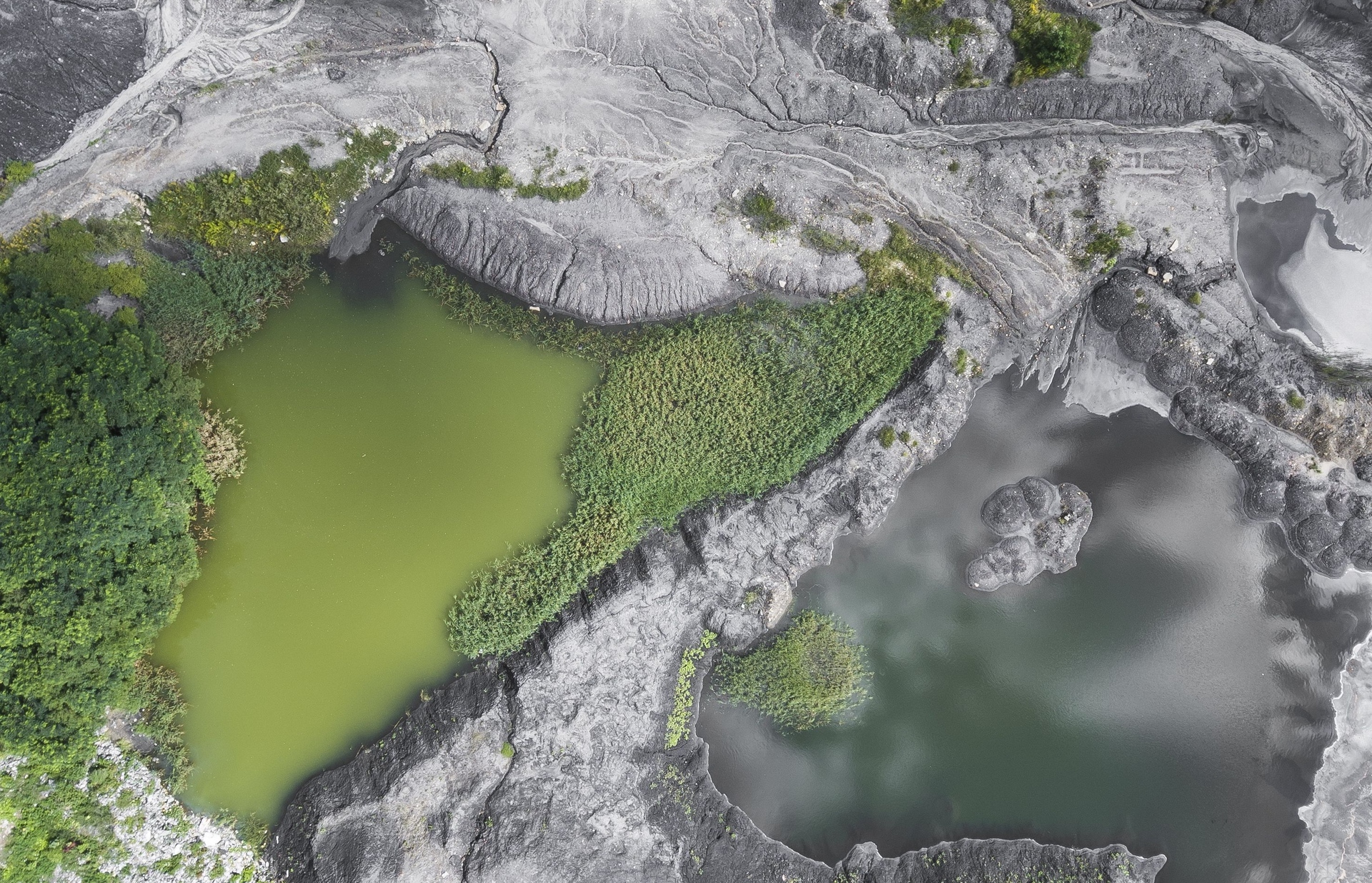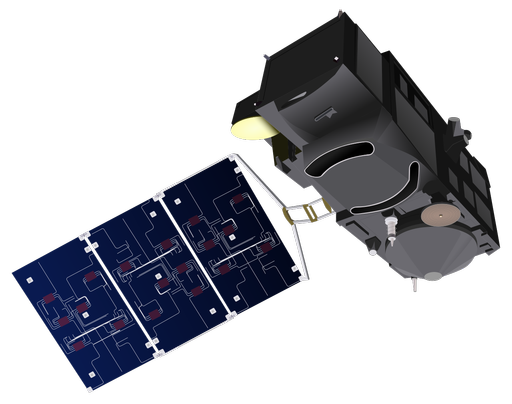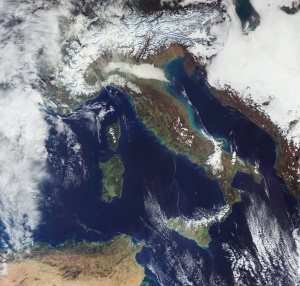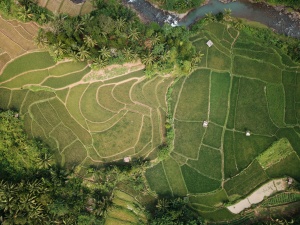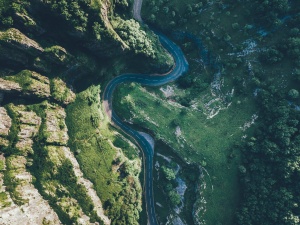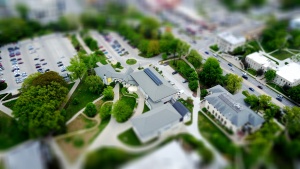Super User
This is my user desription. Lorem ipsum dolor sit amet, consetetur sadipscing elitr, sed diam nonumy eirmod tempor invidunt ut labore et dolore magna aliquyam erat, sed diam voluptua. At vero eos et accusam et justo duo dolores et ea rebum. Stet clita kasd gubergren, no sea takimata sanctus est Lorem ipsum dolor sit amet. Lorem ipsum dolor sit amet, consetetur sadipscing elitr, sed diam nonumy eirmod tempor invidunt ut labore et dolore magna aliquyam erat, sed diam voluptua. At vero eos et accusam et justo duo dolores et ea rebum. Stet clita kasd gubergren, no sea takimata sanctus est Lorem ipsum dolor sit amet.
Short News 1
We just have launched the SemantiX project website! In the future, you will find more information about the project here, and also a Blog by our project team members.
Contact
Get in contact with us! We love to hear from you.
Dr. Dirk Tiede
This email address is being protected from spambots. You need JavaScript enabled to view it.
Interfaculty Department of Geoinformatics
Z_GIS - University of Salzburg, Austria
Welcome
The goal of SemantiX is to retrieve Essential Climate Variables (ECVs) from AVHRR and Sentinel-3 data, curate them as a long time series in a semantic Earth observation (EO) data cube and facilitate public access from a citizen science smartphone application.
Extraction of essential climate variables (ECVs)
Progress in climatology has been very well documented by the Intergovernmental Panel on Climate Change (IPCC) in AR4 to AR5, which makes it particularly worthwhile to focus on remote sensing in this field. Satellite remote sensing has increasingly contributed to monitoring global conditions of particular importance to climate change studies. The increasing spatial, temporal, spectral and radiometric resolution of these data, simplified access, and lower to no costs to users have led to an increased likelihood of documenting changes driven or accelerated by human activities.
About the project
SemantiX will combine AVHRR and Sentinel-3 A/B data using new methods to create a unique, long time series that can be carried into the future through continued integration of newly acquired Copernicus Sentinel 3 data. Until now, AVHRR data have only been accessible via sequential access, requiring a significant time investment and expert knowledge to find relevant data for analysis. Interested scientists from other disciplines or the broader public currently do not have any access to these methods or data.
EO Data Cube technologies
Earth observation (EO)-based information are unfortunately still nearly as remote from relevant target groups as EO satellites are from the Earth. Therefore, unlocking the potential of EO-data-derived information is crucial. It contributes to finding solutions to pressing global problems, such as how best to mitigate climate change. The SemantiX project is an approach to better facilitate access to EO data and derived information for scientists and the public, and promote active public participation, gaining additional information through citizen science. The project aims to simplify information production from EO data to variables relevant to climate change monitoring.
Imprint
Project information
|
Project name: |
SemantiX |
|
| Responsible for the project / Media holder |
Interfaculty Department of Geoinformatics |
|
|
Project platform: |
SPOTTERON GmbH |
|
|
Purpose of data processing: |
|
|
|
Contact: |
Dr. Dirk Tiede |
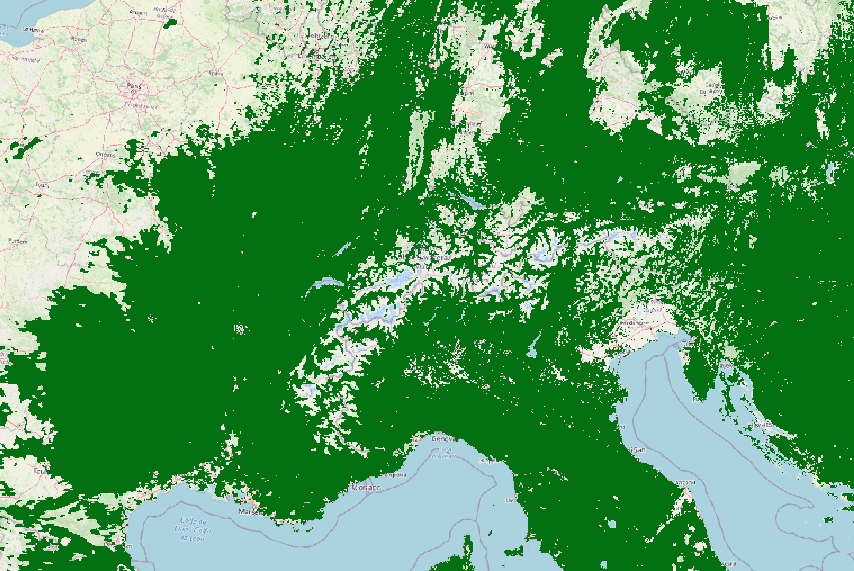
Data and Study Area
ECVs retrieved from EO data (e.g. snow cover, vegetation indices) are crucial for investigating our climate system. AVHHR offers 40+ years of data (1981-today) and will be complemented by Sentinel-3 (2016-today). ECV time series from the SemantiX project cover the entire Alps and are a valuable contribution to climate-related research.
Semantic EO Data Cube
Data cubes are a midstream EO technology that facilitates and simplify access to Spatio-temporal EO data storage via spatial and temporal coordinates. Semantic EO data cubes provide interfaces via thematic descriptions. A container-based infrastructure allows scalable and flexible deployment.
EO Data in a Citizen Science App
The integration of the data into the established “Naturkalender ZAMG” Citizen Science project allows interactive data visualisation and public outreach. The project’s app runs on the SPOTTERON platform and are used by an active community, including students or school classes and as the next-generation scientists. Website: www.naturkalender.at
This website uses no external trackers, no analytics, just session cookies and values your online privacy.


